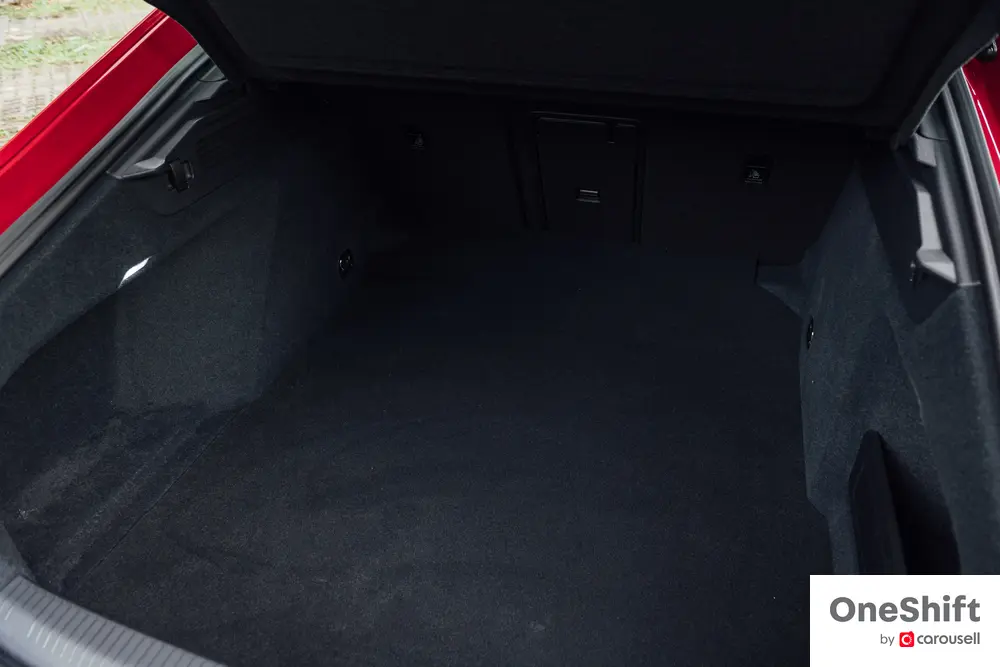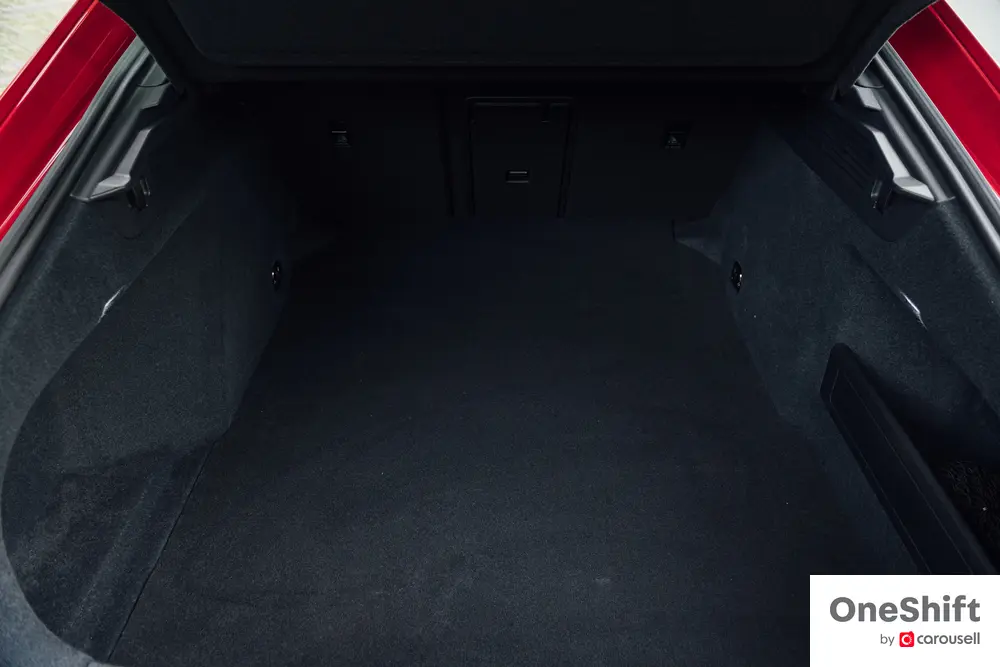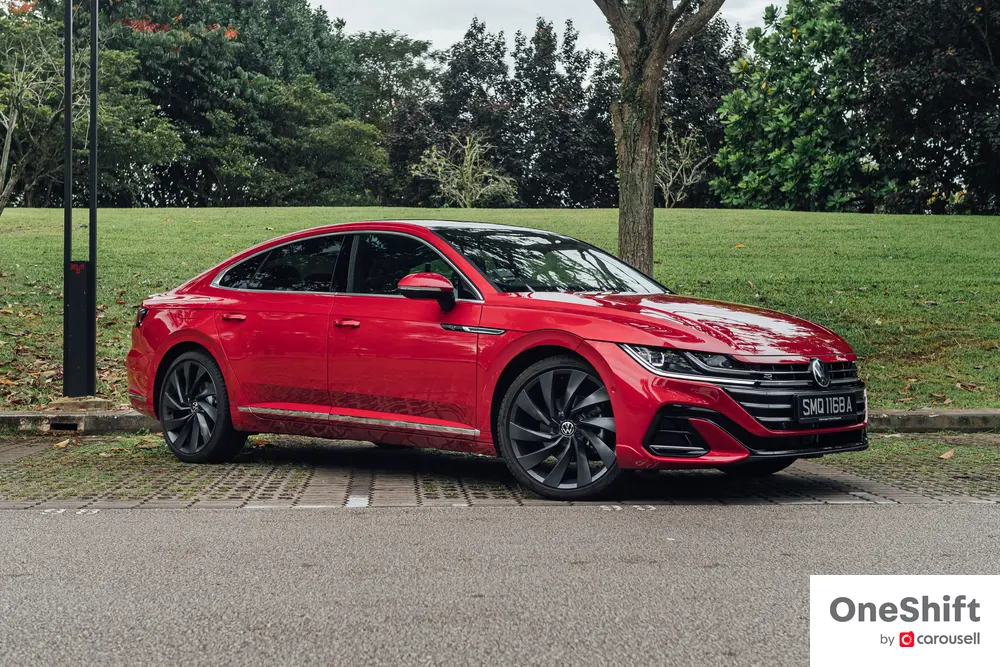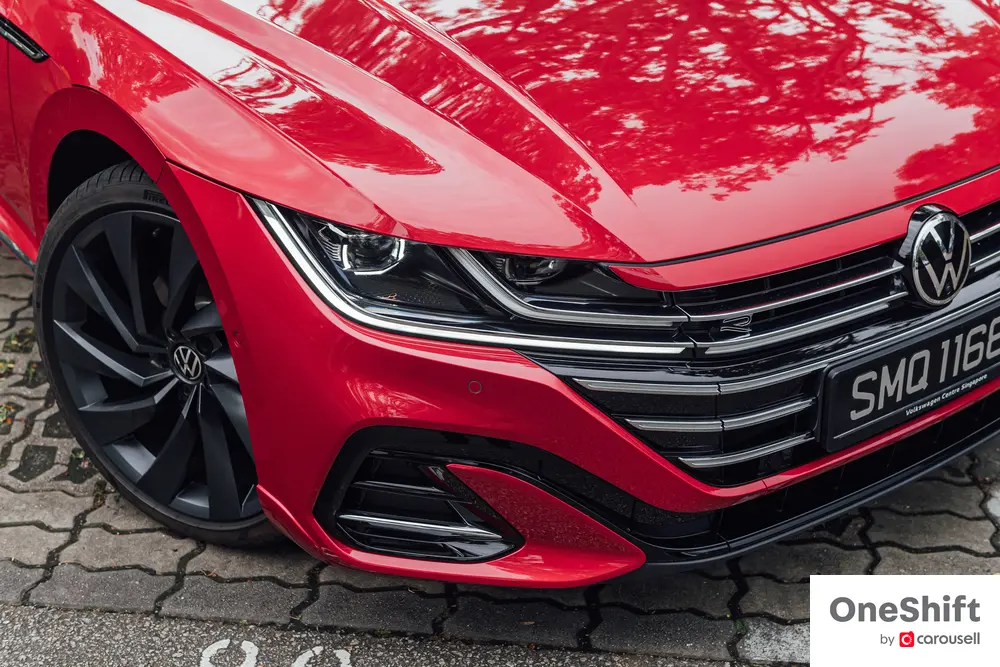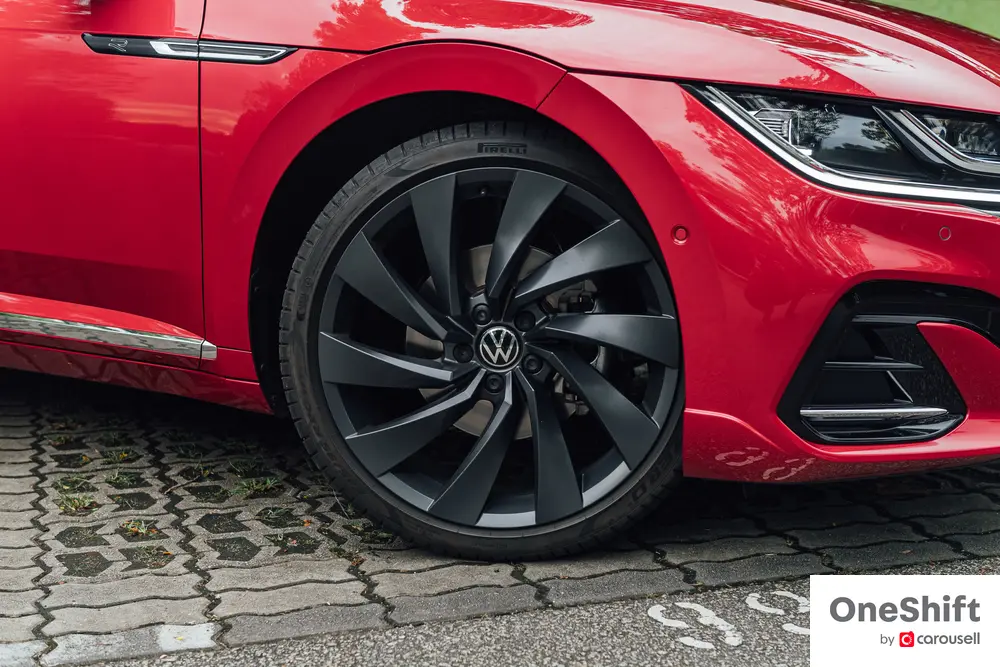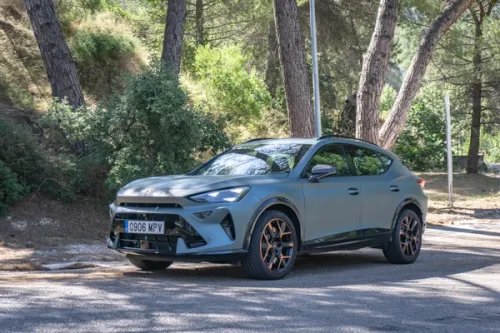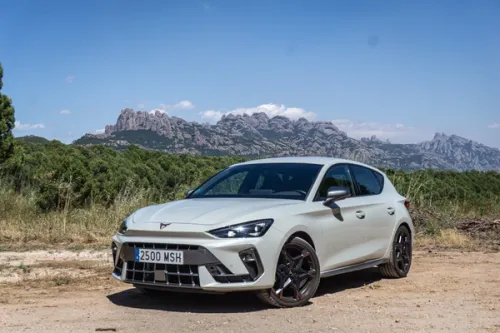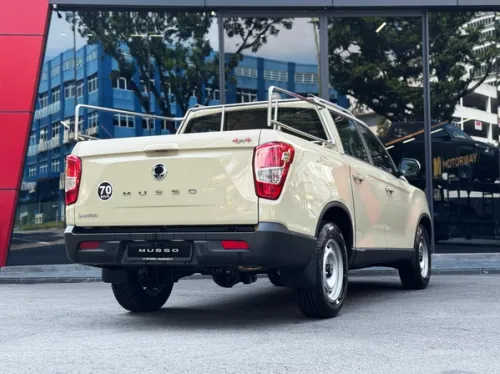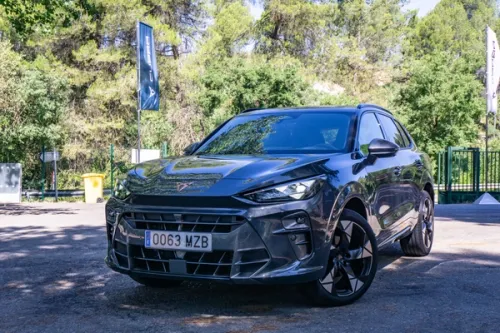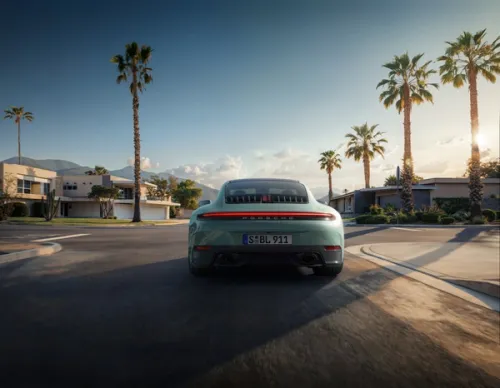Volkswagen Arteon R-Line 2.0 Review: Trimmed And Pruned, It's Still A Good Drive
Less power and only front wheel drive, but now with more chassis adjustability.







Perhaps the most obvious example of decontenting a car due to high COE levels is the new facelifted Arteon.
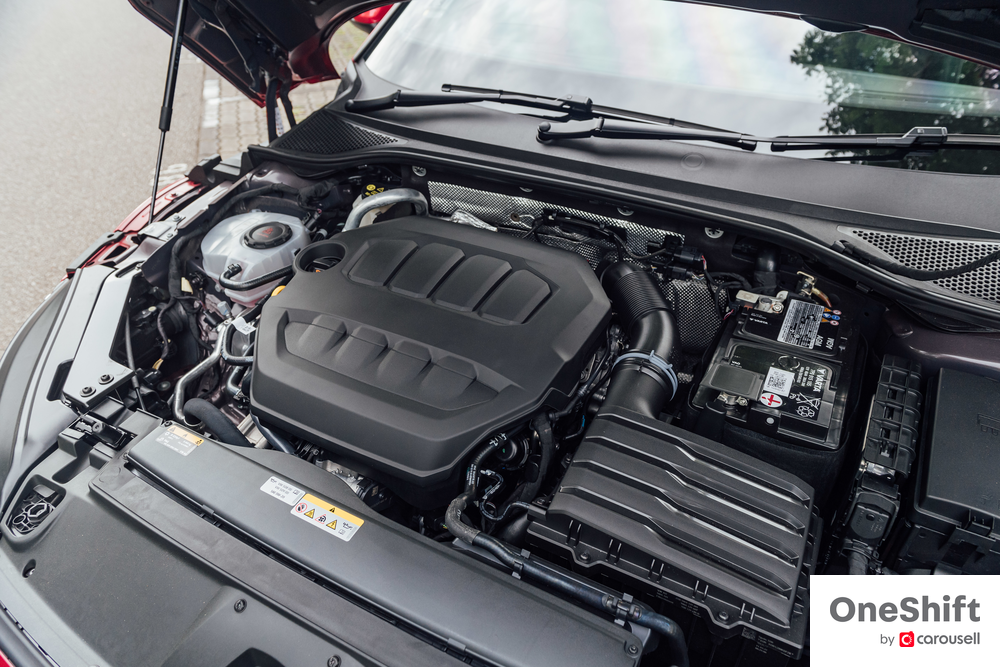
Whereas the pre-facelift car had a Golf R-sourced engine packing 280 hp and 350 Nm of torque and VW’s AWD dubbed 4Motion, the newest Arteon has a more humble 188 hp and is only front wheel drive. But thankfully, torque is only down by 30 Nm to 320 Nm, and that’s where it counts in still giving the Arteon a brisk drivetrain.
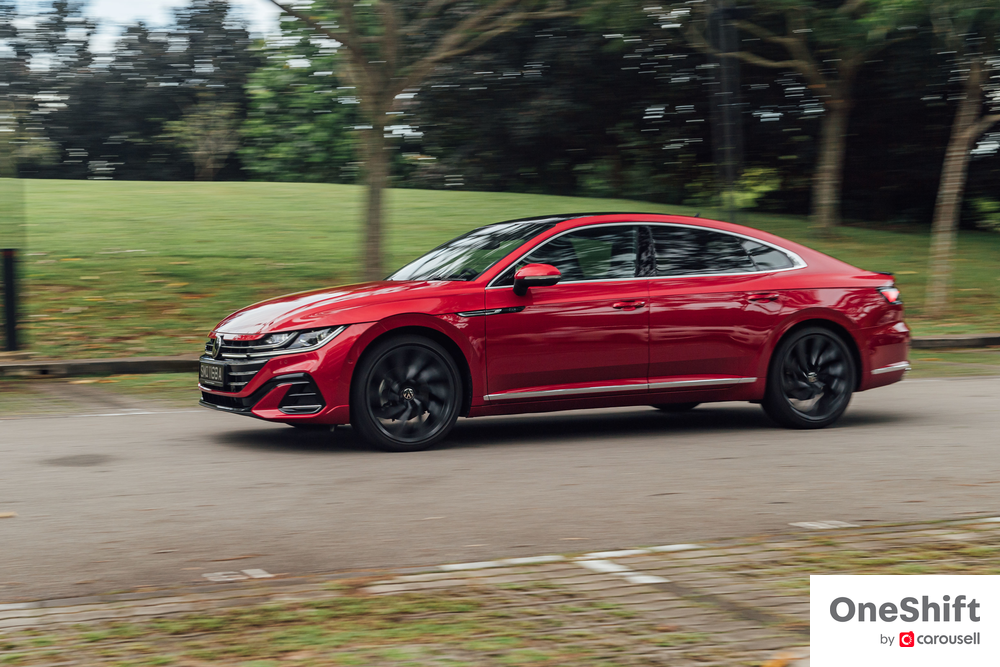
In fact, aside from the lack of a stirring soundtrack, the less powerful Arteon still easily outruns most cars from the traffic light and makes overtaking a breeze. Whatever shortfall in torque feels more urgent here as there are less driven wheels to direct it to. Volkswagen claims better efficiency too, which helps not just at the fuel pumps but also at reducing the tax surcharge to zero, thanks to a neutral emissions banding from the government.
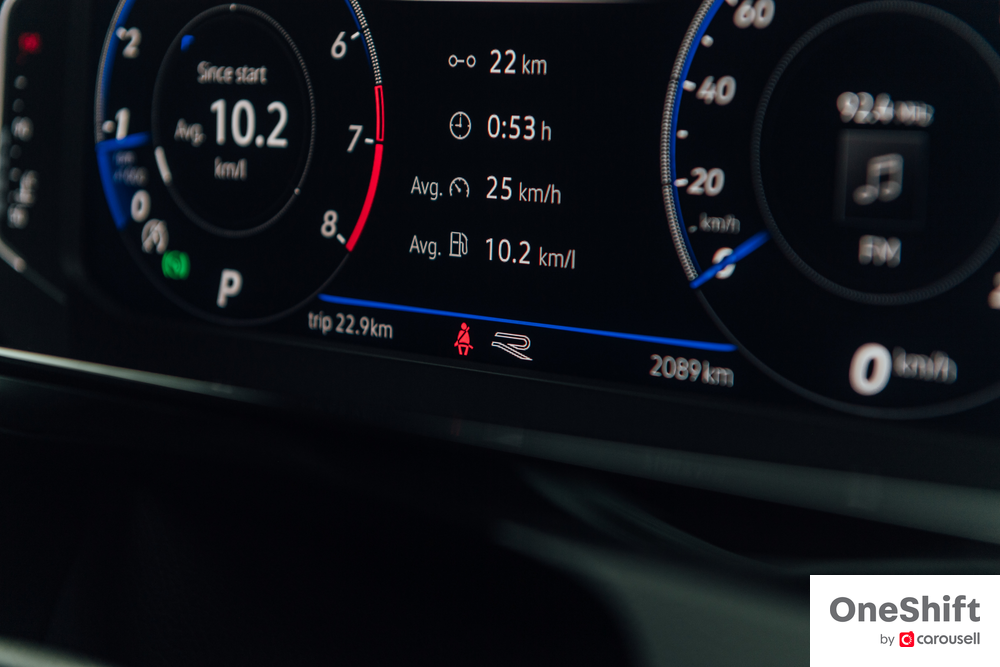
The resulting asking price is still more expensive than the pre-facelift model no thanks to today’s record high COE, but if assuming ceteris paribus than the new Arteon is actually more affordable than previously. Volkswagen has tried hard to mitigate the effect of COE and it has worked to some degree - ironically the car appears more palatable in today’s climate because alternatives have become far dearer.
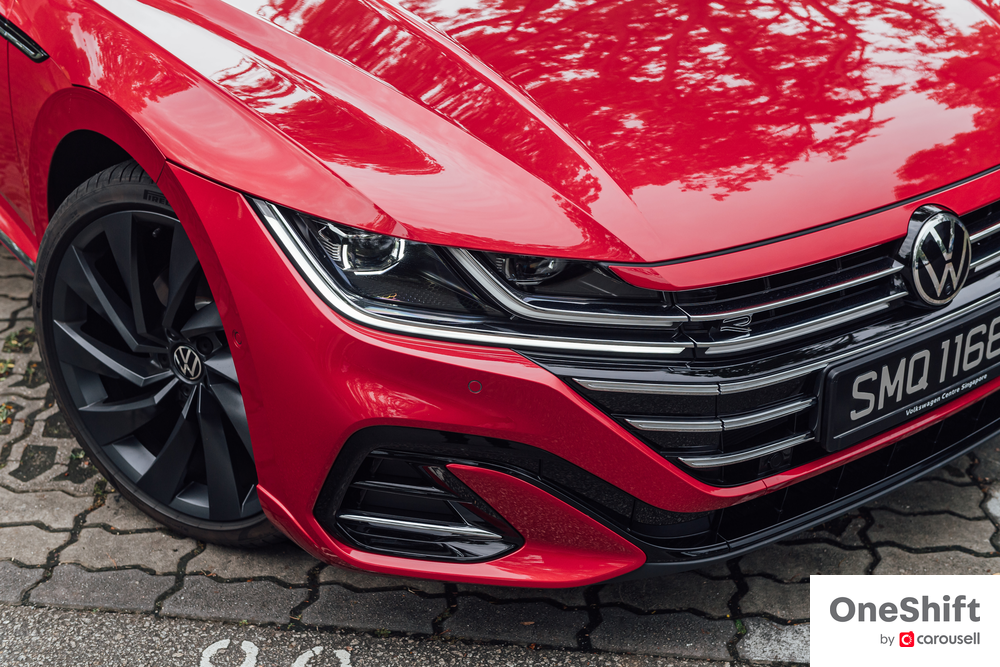
Certainly the looks of the car hasn’t been pared down and in fact has been enhanced ever so slightly. The Arteon has always been one of VW’s sharpest and most eye-catching designs, but now with a slight nip-and-tuck it looks even more attractive with a new front LED light strip (R-Line only) and revised tail lights.
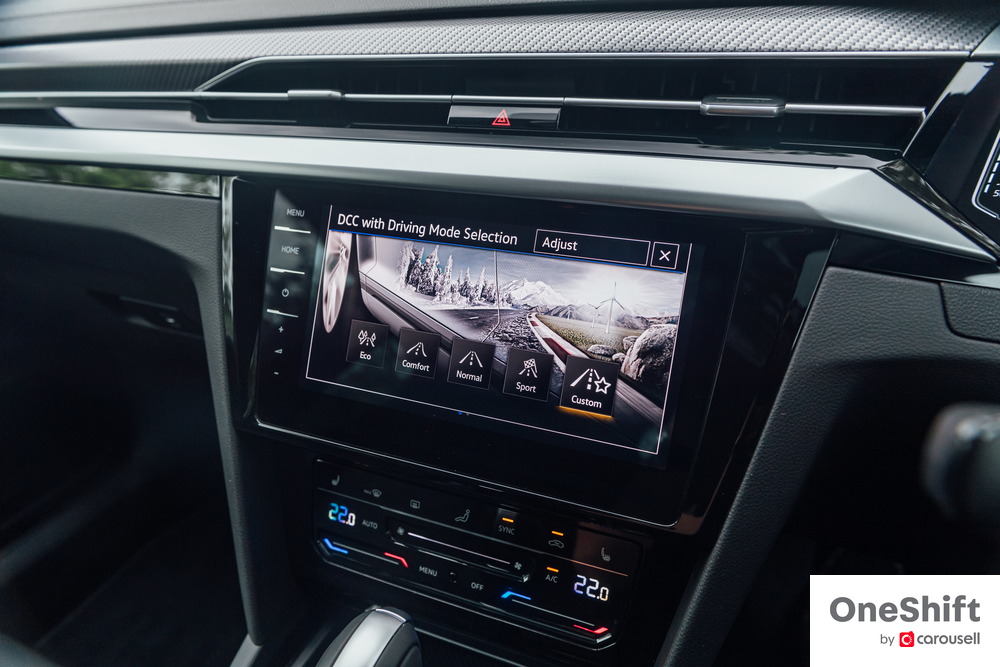
Perhaps the biggest change to the new Arteon is in the way it blends daily driving comfort with sports car-like sharpness. Progressive steering and the updated DCC adaptive chassis control with near ‘infinite’ settings for comfort, steering and the like allows you to fine tune the Arteon just as you like it. This is a game changer as the ride on the Arteon is astonishingly good even with large 20” rims, yet you can easily call for more body control if you wish and the Arteon is as sharp as a more matured Golf GTI. The level of customisation is simply unprecedented and allows you to have multiple cars in one, in a sense.
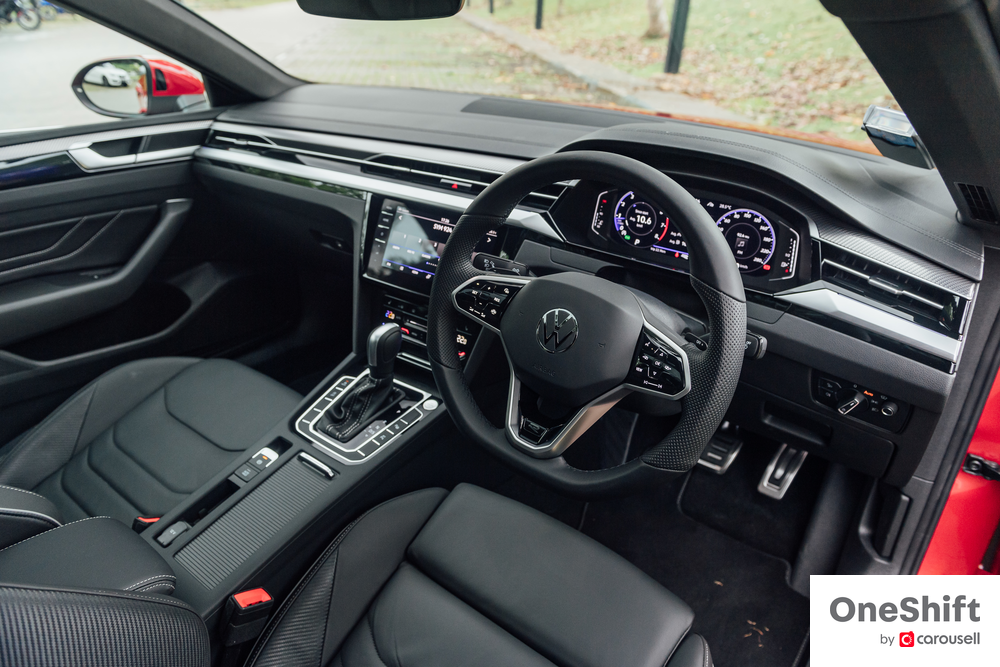
The interior updates are slightly less successful with more touch and haptic sensitive controls taken from the Mk8 Golf GTI. Like in that car, I felt this technology fest has gone one step too far and made things more complicated and finicky than it should be. Accidentally pressing something on the steering wheel’s numerous illuminated controls happens more often than one thinks. Otherwise, like the previous Arteon build and material quality remains very high and the illuminated door trims for ambient lighting is a rather clever touch.
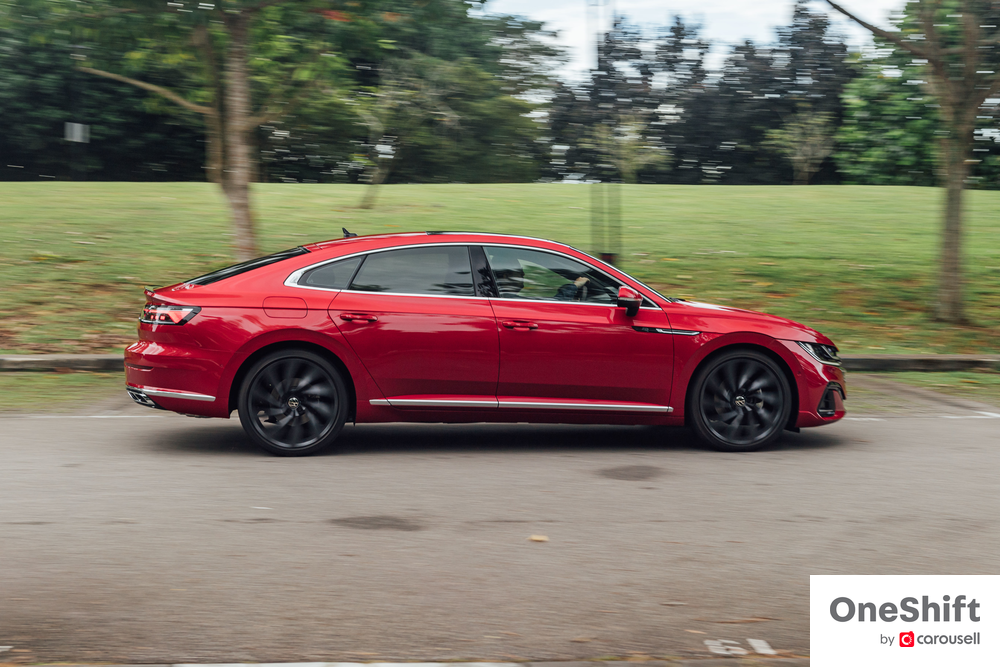
Despite being trimmed and pruned, the Arteon is still a stylish take on a tried-and-tested formula that feels relevant even today.
Photos by Horizon Drivers' Club


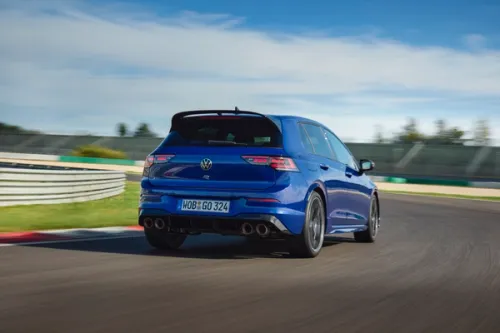
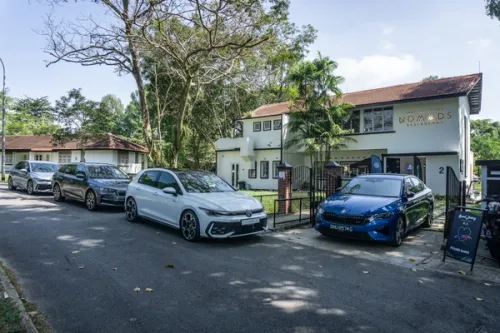
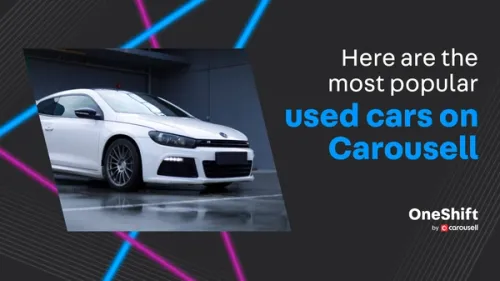
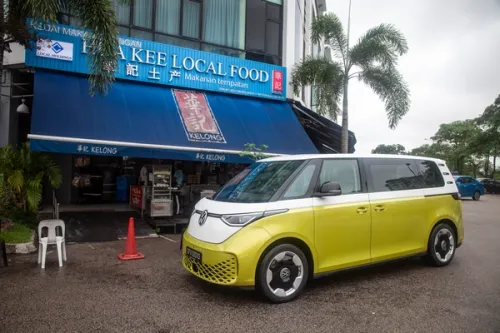


Get the Best Price for your used car
from 500+ dealers in 24 hours

- Convenient and Hassle-Free
- Consumer Protection
Transparent Process
With No Obligation
